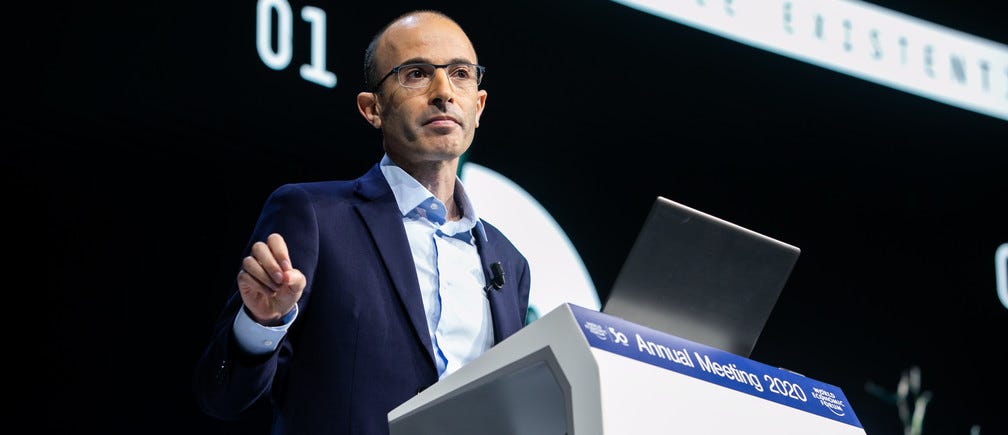

New York Times best-selling author and primatologist Frans de Waal explores the fascinating world of animal and human emotions.įrans de Waal has spent four decades at the forefront of animal research. Not since Elizabeth Marshall Thomas's The Harmless People in 1959 has anyone provided a more intimate or insightful account of the Bushmen or of what we might learn about ourselves from our shared history as hunter-gatherers. In rendering an intimate picture of a people coping with radical change, it asks profound questions about how we now think about matters such as work, wealth, equality, contentment, and even time. Vividly bringing to life a proud and private people, introducing unforgettable members of their tribe, Affluence Without Abundance tells the story of the collision between the modern global economy and the oldest hunting and gathering society on earth. In Affluence Without Abundance, anthropologist James Suzman asks whether understanding how hunter-gatherers like the Bushmen found contentment by having few needs easily met might help us address some of the environmental and economic challenges we face today. A hunting and gathering people who made a good living by working only as much as needed to exist in harmony with their hostile desert environment, the Bushmen have lived in southern Africa since the evolution of our species nearly two hundred thousand years ago.

If the success of a civilization is measured by its endurance over time, then the Bushmen of the Kalahari are by far the most successful in human history. lessĪ vibrant portrait of the original affluent society - the Bushmen of southern Africa - by the anthropologist who has spent the better part of the last twenty-five years documenting their encounter with modernity. By showcasing the stark choices before us-between equality or oligarchy, individuality or totality, truth and falsehood-Snyder restores our understanding of the basis of our way of life, offering a way forward in a time of terrible uncertainty. In this forceful and unsparing work of contemporary history, Snyder goes beyond the headlines to expose the true nature of the threat to democracy. While countries like Poland and Hungary have made hard turns towards authoritarianism, the electoral upsets of 2016 revealed the citizens of the US and UK in revolt against their countries' longstanding policies and values.īut this threat to the West also presents an opportunity to better understand the pillars of our own political order. In the last six years, it has creeped from east to west as nationalism inflames Europe, abetted by Russian propaganda and cyberwarfare. Authoritarianism first returned in Russia, as Putin developed a political system dedicated solely to the consolidation and exercise of power. Observers declared the end of history, confident in a peaceful, globalized future. With the end of the Cold War, the victory of liberal democracy was thought to be absolute.


 0 kommentar(er)
0 kommentar(er)
